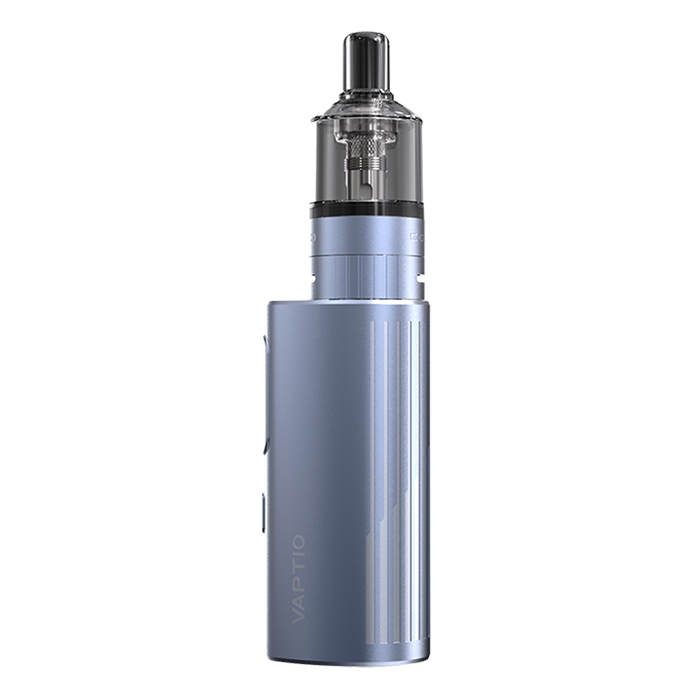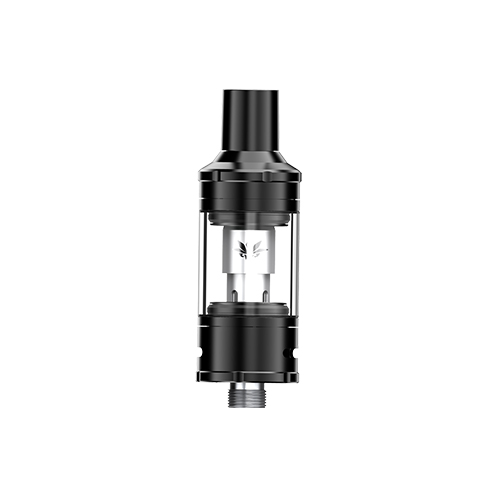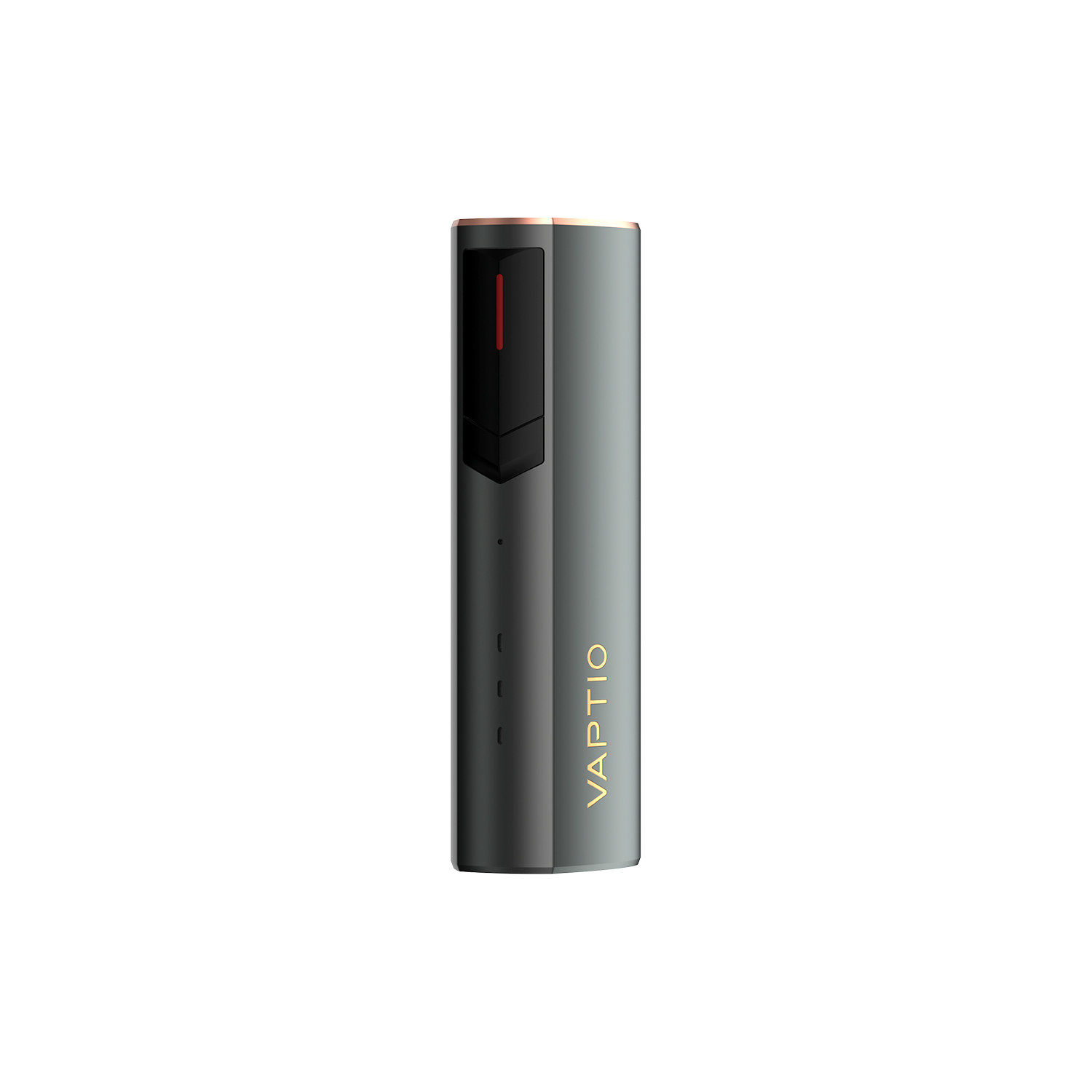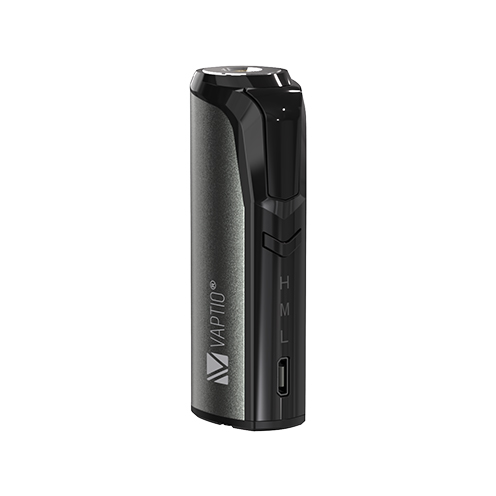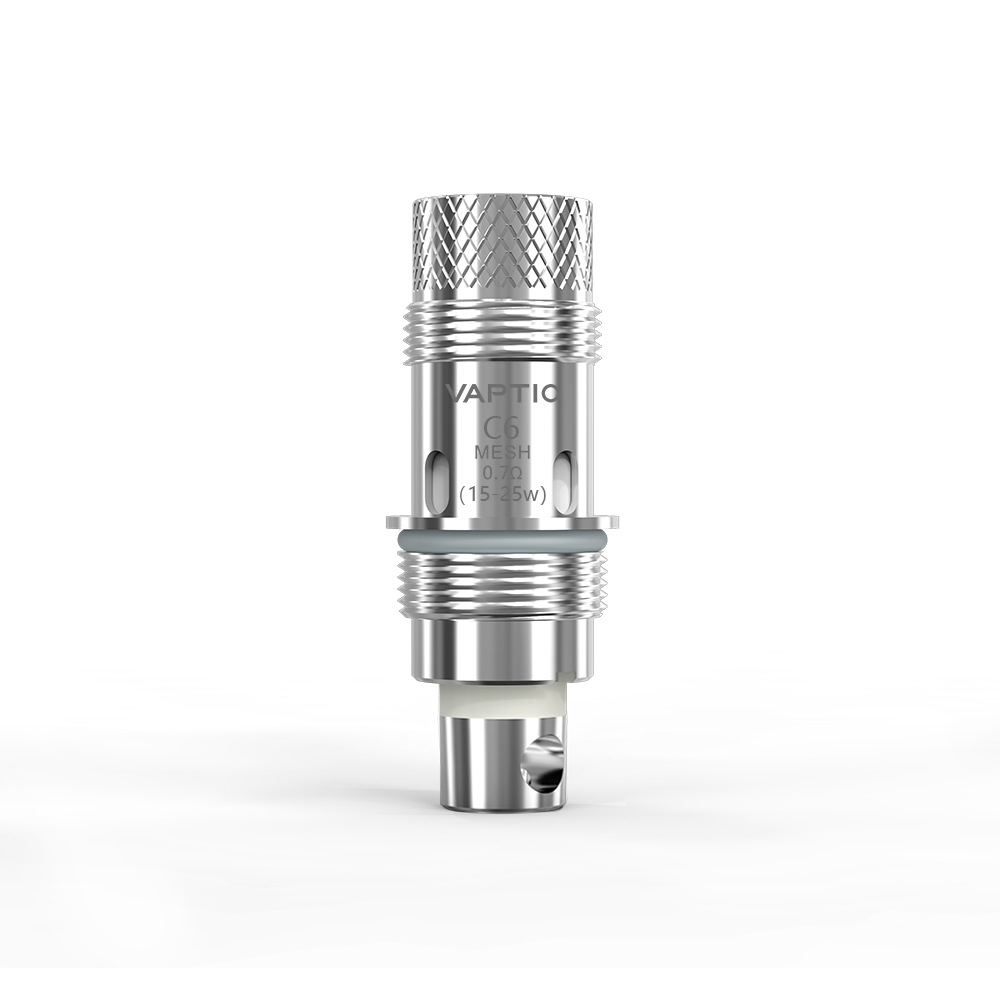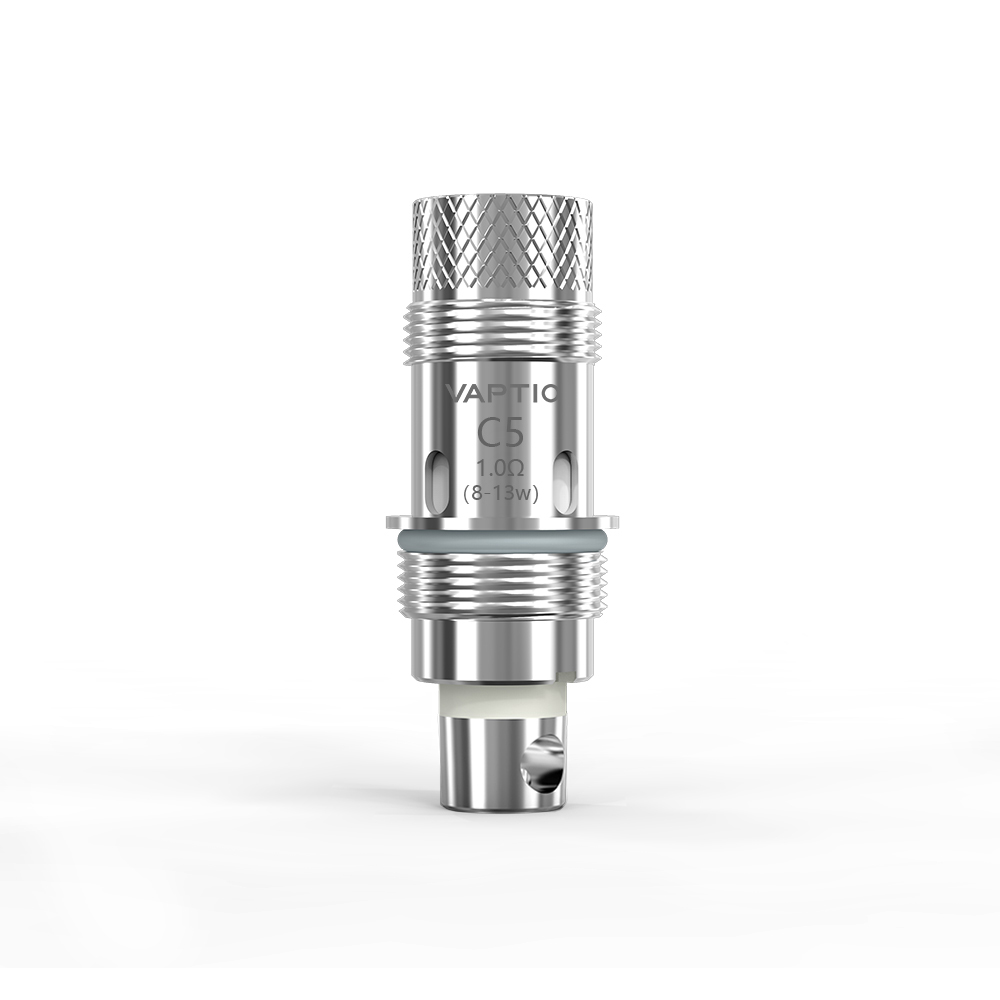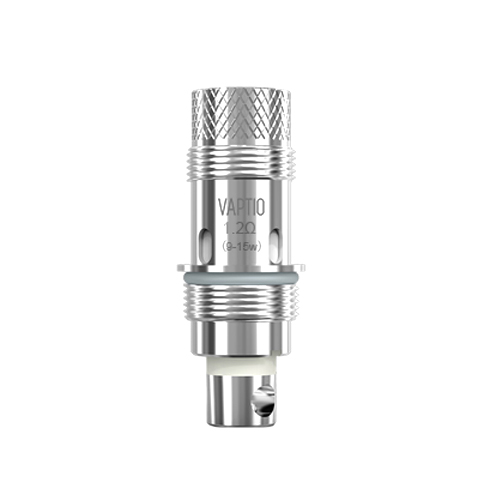The FSFW is “an independent private foundation with the mission of improving global health by ending smoking in this generation. The Foundation strives to achieve its mission by focusing its work on three core pillars: Health, Science, and Technology; the Agricultural Transformation Initiative; and Industry Transformation.”
Although The Foundation has received charitable contributions from Philip Morris International (PMI) its bylaws and pledge agreement ensures it maintains full independence, “and shall make all its decisions on its own, free from the control, interim instructions, or influence from or by PMI or any other third parties.”

The 2020 Tobacco Transformation Index ranks Swedish Match, which divested its cigarette business in 1999, in first position. Phillip Morris International, British American Tobacco, Altria, Imperial Brands, Japan Tobacco, KT&G, ITC Ltd., Swisher International, Tobacco Authority of Thailand, Vietnam National Tobacco, Gudang Garam, Djarum, Eastern Co., and China National Tobacco Corp. follow Swedish Match in the overall rankings.
The Foundation’s President, Dr Derek Yach, said: “Inspired by the success that indexes focusing on other sectors have demonstrated, the goal of the Tobacco Transformation Index is to stimulate external pressure and the industry competition needed to take combustion out of the cigarette market, accelerate change, and lower the unnecessary disease, death, and misery it causes so many people.
“Society and large institutional investors such as banks and pension funds, which represent 85% of investment in publicly traded tobacco companies, have the leverage to push tobacco company management to drive measures that greatly improve health.”

- 13 of the 15 tobacco companies generated at least 95% of net sales value through high-risk tobacco products
- In 2019, Swedish Match’s sales of reduced-risk products accounted for 44% of its net sales
- Philip Morris International’s sales of reduced-risk products accounted for 19% of its net sales
- British American Tobacco and KT&G’s sales of reduced-risk products accounted for 5% of their net sales
- Over the period of 2017-2019, eight of the 15 companies allocated 10% or less of research & development and capital investment expenditures to reduced-risk versus high-risk products
Dr Yach told the Global Tobacco and Nicotine Forum (GTNF): “The recently published Contradictions and Conflicts report identifies inherent conflicts of interest with many of the countries leading the development of global tobacco control policy. Nearly 50% of the global combustible cigarette market is controlled by governments that claim a commitment to the FCTC.”
News from: https://www.planetofthevapes.co.uk/news/vaping-news/2020-09-22_the-tobacco-transformation-index.html






